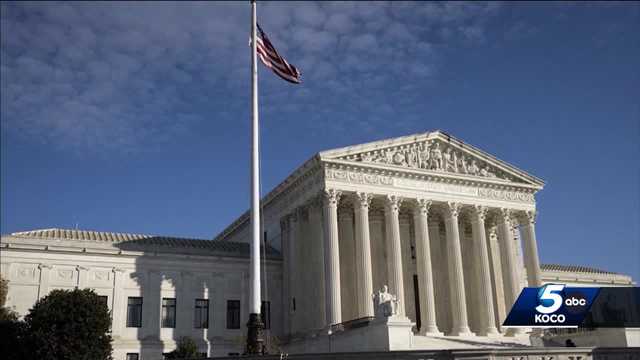Supreme Court Wrestles with Landmark Religious School Funding Challenge

In a pivotal legal moment, the controversial St. Isidore case reached the hallowed chambers of the U.S. Supreme Court on Wednesday, with justices carefully listening to passionate oral arguments that could potentially reshape religious freedom and educational policy in the United States.
The high-profile case, which has captured national attention, unfolded before the nation's highest judicial body as attorneys presented their nuanced arguments, seeking to navigate the complex intersection of religious expression and public education. The Supreme Court justices appeared deeply engaged, probing the legal and constitutional implications of this landmark case.
As the courtroom buzzed with anticipation, legal experts and observers watched closely, understanding that the outcome could have far-reaching consequences for how religious institutions interact with public funding and educational systems. The St. Isidore case represents a critical test of the delicate balance between religious liberty and secular governance.
